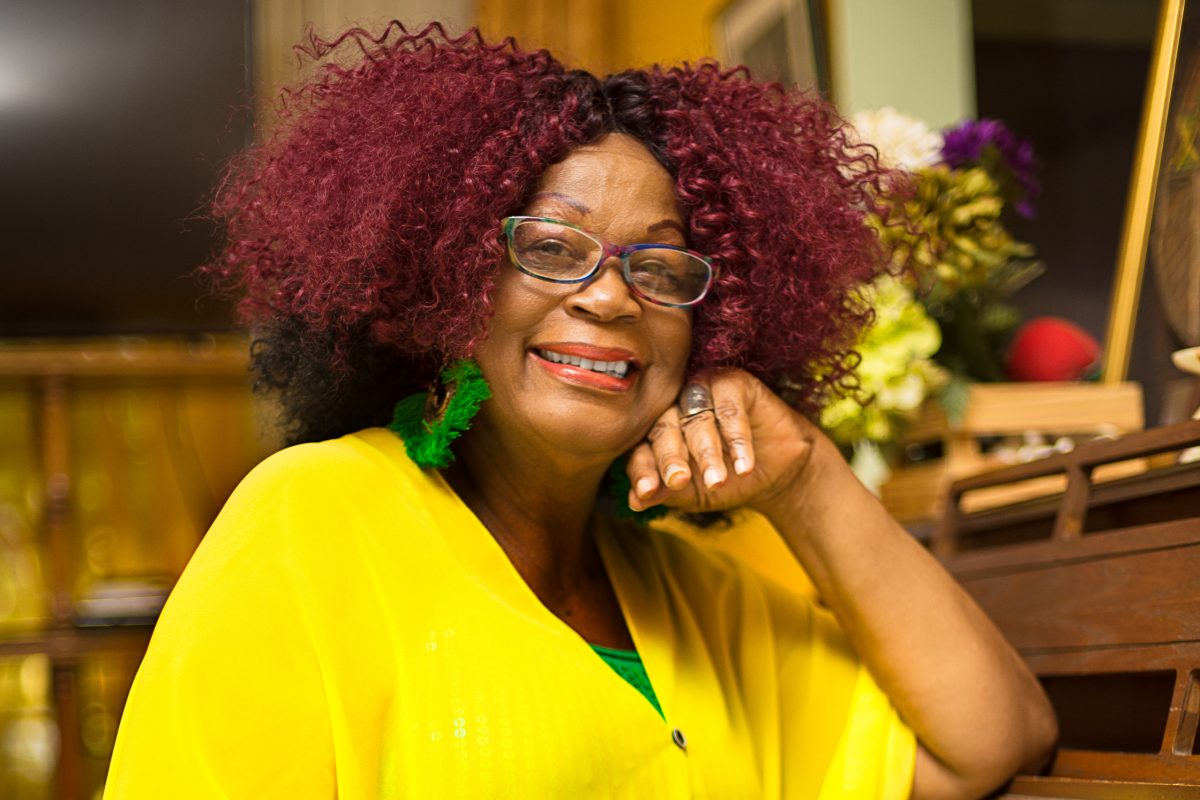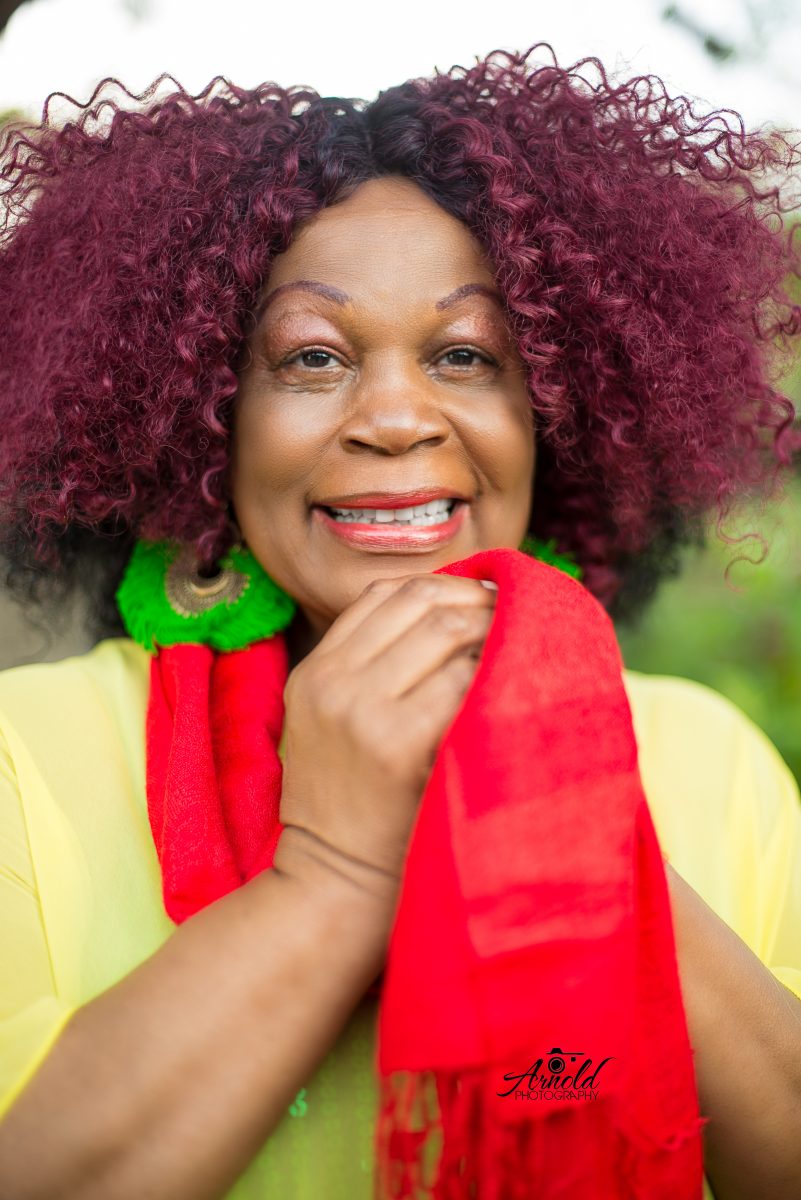“Now I Know Who Are The True Revolutionaries” – Judy Mowatt Reminisces On 1980 Bob Marley Concert In Zimbabwe

Reggae singer Judy Mowatt, a member of the original I Threes alongside Marcia Griffiths and Rita Marley, said that her most enduring memory of Bob Marley was that he was a man who possessed the courage of his convictions.
“He was willing to die for what he believed in, it wasn’t just lyrics and music, he believed in every word he said and he was willing to die for those beliefs,” Mowatt told DancehallMag.
One of Mowatt’s most enduring memories of Marley was his onstage performance at the famous Harare concert 41 years ago on April 18 at the Rufaro Stadium in Harare (then called Salisbury), during the culmination of the official Independence Day ceremonies for the new nation-state of Zimbabwe.
“Bob is a perfectionist, and he wasn’t going to stand up there onstage in Zimbabwe with one guitar in front of President Mugabe and thousands of people. So he paid for tonnes of equipment to be shipped there from England for the concert and he paid for the tickets for all members of the band, and the I Threes,” she said.
“When he got onstage, when we got to the third song, there was a strange smell attacking your throat, burning your skin and it was difficult for us to sing. So we walked off, the group walked off, but when Bob is singing, his eyes are closed, he is not in the venue, his body is there, his spirit is somewhere else. He was the last to come off, he was doing ‘Belly Full’, but he never realized he was alone onstage until when he never heard the background vocalists or no musicians and he opened his eyes and looked and realized he was the only one onstage,” Mowatt reminisced.
The ‘strange smell’ Ms. Mowatt alluded to was caused by tear gas canisters discharged by security forces attempting to control the crowd. The disturbance caused a temporary break in the performance as security forces liberally used brute force, batons and tear gas to push back throngs of fans who had been trying to force their way into the stadium.

“To me, something drastic was happening, Prince Charles was there, his battalion was at sea. It was frightening, the crowd, the gas, you start to think if it is a war about to start, you kept thinking ‘something was happening’ and you’re about to lose your life. I am thinking about my children, my own life, we can’t stay here,” she said.
The I Threes exited the stage post haste and beat a hasty retreat out of the stadium.
“Marcia, Rita and I went back to a house we were staying in close to the stadium, navigating cars and crowds. When we got there, we turned on the television, we saw them pulling down Rhodesian flag and putting up the Zimbabwean flag. Then we said we’re missing this, this is why we came all this way,” she explained.
They returned to the stadium, but by that time, the concert was over.
“When we arrived, we saw Bob and the Wailers coming off stage, the man dem finish the concert, when we walked up to Bob, he said, ‘now I know who are the true revolutionaries’. I felt so ashamed. What I saw right there was not a singer, I saw a man who would stand up , even if it meant he had to die for what he believed in, he would because he would never leave the venue and inside the chaos that was taking place, he went back to complete the work he went there for. That was highly commendable, he was a man who stood behind every word he sang, not just lyrics and music, it was a lifestyle,” she said.
Marley recognized the Independence Day concert had not been accessible to the masses and he played a subsequent show the next day to an audience of over 100,000 of almost exclusively black people. Bob Marley, born of a white, British-born father and a black Jamaican-born mother, emerged as one of the most popular exponents of Pan African liberation.
Marley’s music was informed by the independence struggle of the Caribbean from 1950 to 1960, and at about the same time Pan-Africanism emerged as a civil rights movement in the 1960s and 1970s seeking to unite Africans as one community
“Bob Marley was willing to die to get his message of love, his message of black liberation out to the world, he believed every word he sang,” Mowatt said.
Bob Marley died of skin cancer just 13 months later on May 11, 1981.
